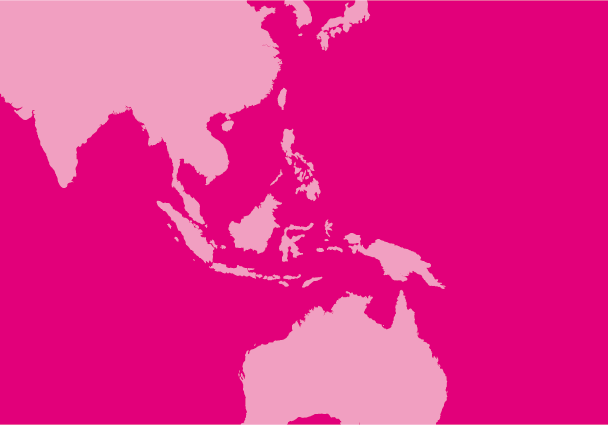“Claims that Australian soldiers will be subject to charges brought against them by the International Criminal Court are spurious and without foundation,” said Justice John Dowd, President of ICJ’s Australian Section.
“Any such claims will require evidence and examination by Australian prosecutorial authorities and must, under the International Criminal Court treaty, first be dealt with by Australian Authorities and Courts and if properly examined, whether they proceed to prosecution or not, that will be the end of the matter, ” said Justice Dowd.
“The International Criminal Court has a separate and independent prosecuting body which will examine evidence before a prosecution can be properly brought, and will need to be satisfied that the matter has been appropriately dealt with by Australian military or civil authorities before a prosecution can be brought before the International Criminal Court. A country cannot just lay a charge and have the Court deal with it,” said Justice Dowd.
“The scare campaign being conducted by those opposed to the bill, will, if they succeed, do Australia great disservice by consigning Australia to the continually diminishing number of undemocratic and oppressive regimes, who are afraid of the consequences of their citizens being subject to criminal proceedings, under the bill”, he said.
“It will be a matter of international embarrassment and humiliation if Australia were not to give unqualified ratification to the International Criminal Court”, said Justice John Dowd.
“The whole purpose of the bill is to deter the sort of violence we Australians saw so clearly demonstrated in East Timor, and to make Officers and Soldiers of such countries reluctant to carry out manifestly unjust, illegal orders”, he said.
“Federal parliamentarians should be concerned to prevent what we saw in East Timor in 1999, to having those who commit such atrocities in the future dealt with, rather than listening to spurious arguments, that this in some way affects Australian soldiers and Australia’s sovereignty,” he said.
“Canada, New Zealand, the United Kingdom and most Western Democracies do not seem to have had much concern about such allegations of abuse of sovereignty. We should not be the only major member of the Commonwealth of Nations which refuses to sign,” said Justice Dowd.
“The United States, whose treaties are ratified by the U.S. Senate, not the U.S. Government, understandably will, as the world’s policeman, be reluctant to join the International Criminal Court. That is a very different case from Australia,” he said.
Australia-International Criminal Court-press release-2002 (text, PDF)





